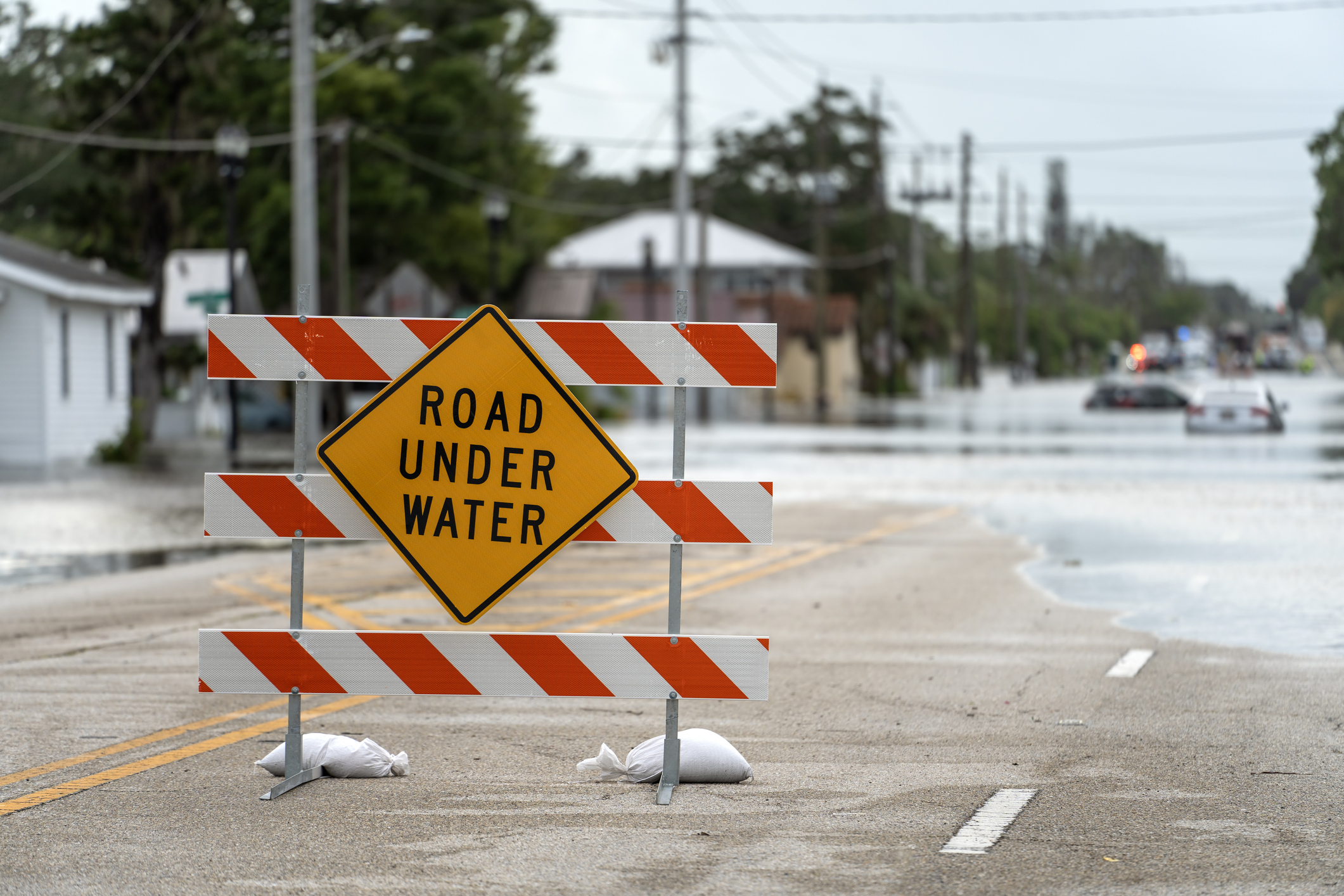“We’ve always leaned on science to guide our efforts on climate change…”
– Governor Inslee, May 8
“[The proposed Tacoma LNG plant would] result in an overall decrease in greenhouse gas emissions, a net beneficial impact compared to the no-action alternative.”
– Puget Sound Clean Air Agency
If you want evidence that politics usually trumps science on environmental policy, there is no better example than Governor Inslee’s sudden opposition to a project all scientific analysis says will reduce greenhouse gas emissions and improve air quality.
Taking a short break from signing bills on May 8, the governor read a statement announcing opposition to projects in Tacoma and Kalama, that he had openly supported until that moment. Previously the governor called the proposed Kalama plant “a fantastic step forward because the carbon savings will be equivalent to taking millions, perhaps six million cars off the road.” The project in Tacoma would produce liquified natural gas (LNG), primarily for sale as a marine fuel to replace diesel fuel which emits more CO2 and air pollution.
The governor now says we need to move away from fossil fuels completely and opposes construction of anything that would produce cleaner fossil fuels, even if the effect is an immediate reduction in CO2 emissions. His defense of this position was abbreviated, and he gave a terse answer to the one media question that he allowed.
Four things are worth noting about his surprise opposition to the Tacoma LNG plant.
1. Far from following the science, Governor Inslee is ignoring the unanimous science of agencies that studied the project. The Puget Sound Clean Air Agency notes that by replacing diesel fuel, liquefied natural gas would reduce greenhouse gas emissions because LNG is less carbon-intensive. They conclude it would reduce about 45,000 metric tons of CO2 emissions annually, the equivalent of removing the CO2 emitted by 10,000 cars.
2. In a telling comment, the governor told a legislator, “We can’t build things that are going to be here for 60 or 70 years.” This is the same governor who repeatedly claims alternative fuels are cost competitive. If LNG is not cost competitive now, or won’t be in the future, demand for the fuel will disappear. The governor is admitting that alternatives, like biofuels or renewable natural gas, will not be cost competitive for many decades to come. Remember this next time he promises biofuels won’t cause gas prices to go up.
3. This decision locks in existing pollution and makes it more difficult to change to cleaner fuel sources. The governor appears to want ocean-going ships that currently run on diesel to switch to alternative forms of fuel. By blocking the most available CO2-reducing alternative, however, he makes that more difficult. For this approach to pay off, the governor must block every other source of LNG and offer an economically viable alternative.
His only hint at a plan is the claim that, “There are emerging technologies that could make renewable gas a viable source of energy.” The governor’s record when it comes to these kinds of predictions is quite poor. In his 2007 book, the governor claimed low-cost cellulosic ethanol would soon be “available at service stations across the country.” That prediction proved to be wildly inaccurate, and now TOTE Maritime and others wanting to switch to cleaner fuels will likely stick with fuels that are worse in terms of CO2 and air quality in the absence of affordable, cleaner alternatives.
4. Politicians, like the Governor, have incentives to be irrational and make irresponsible decisions. This may seem strange, but extreme positions send the strongest messages to special interests about a politician’s commitment to an issue. Anyone can do the rational thing. Only a truly courageous and committed politician is willing to do something that flies in the face of logic for the cause. Sure, the Tacoma LNG plant would make the world a better, cleaner place, but the Governor wants people to know that he won’t stop at rational, even if it means making the world's air dirtier today.
Really, who can blame politicians when they are politically rewarded for adopting irrational policy as a signal? The Washington Environmental Council and other environmental groups reflexively heaped praise on Inslee for his position. Given a choice between feel-good praise and hard science, the science – even when unanimous – often loses.
Ultimately, the governor promised his statement, made during the bill signings, was entirely symbolic and that he would exert no pressure on permitting agencies to change their decisions. That, perhaps more than anything else, demonstrates how strange this episode is – even the governor is telling us not to take his words seriously.




